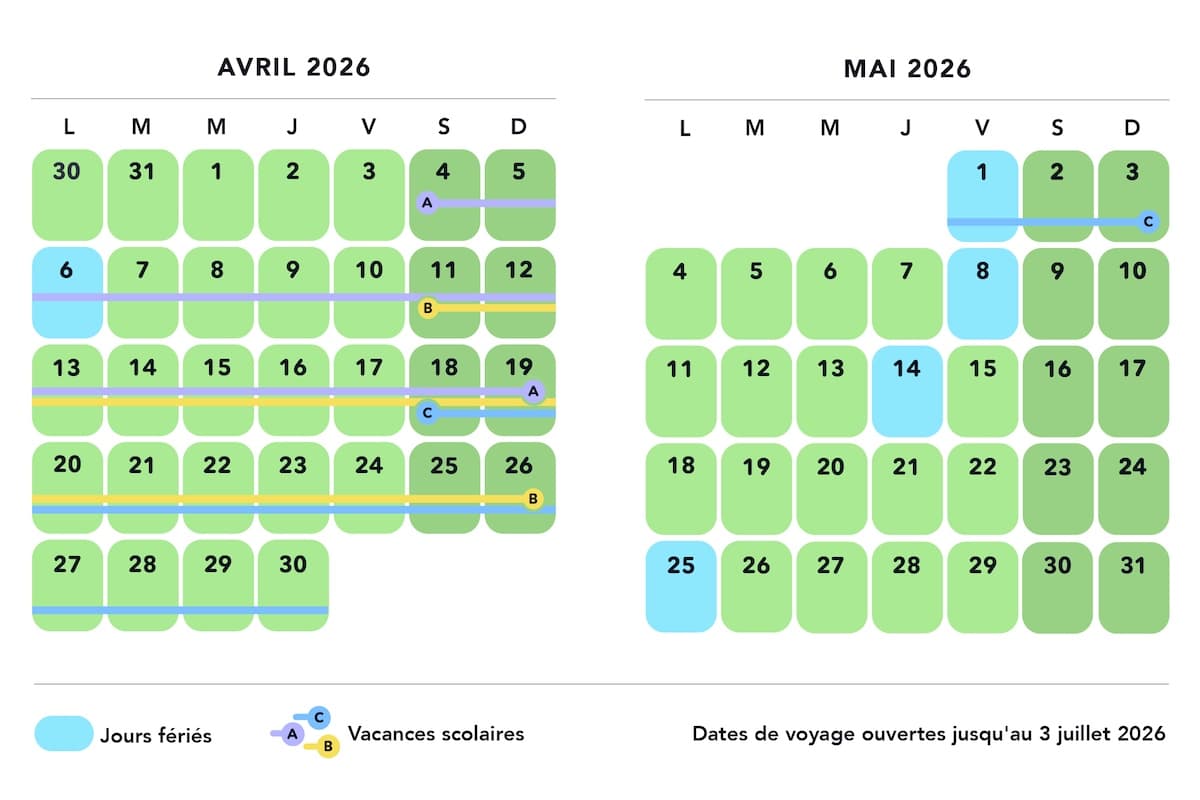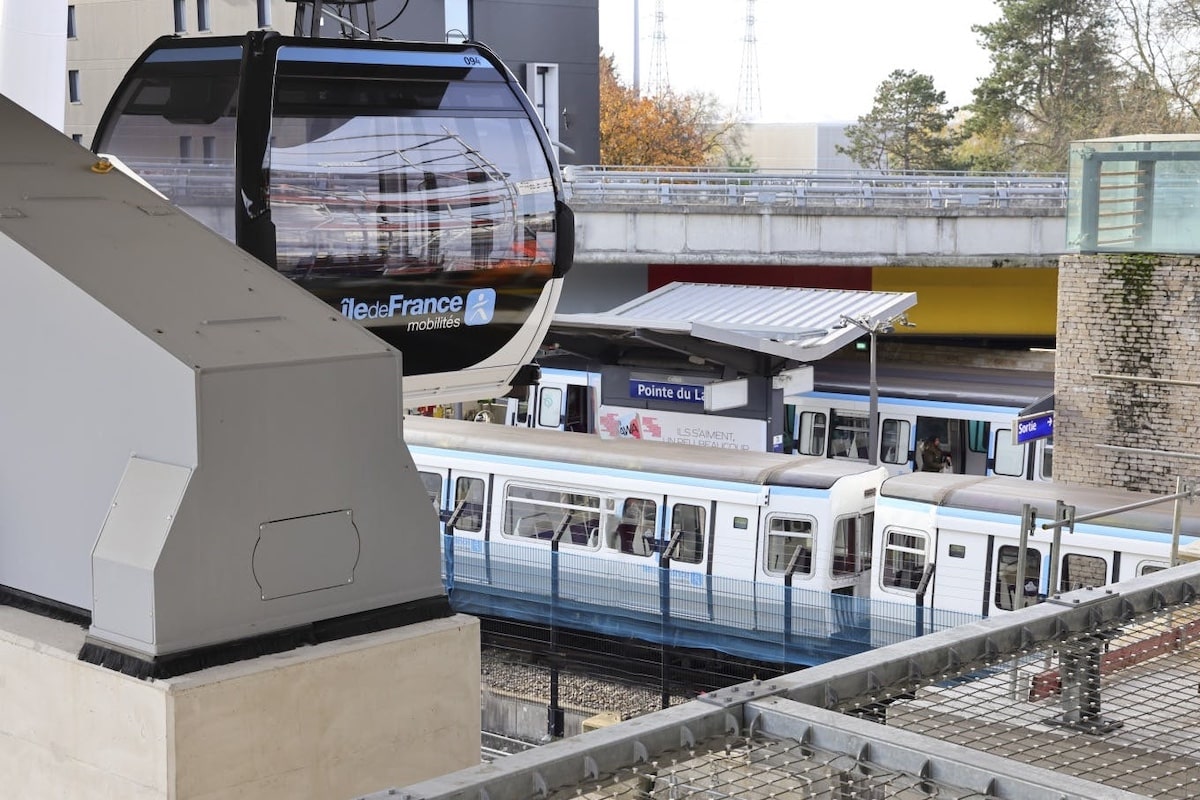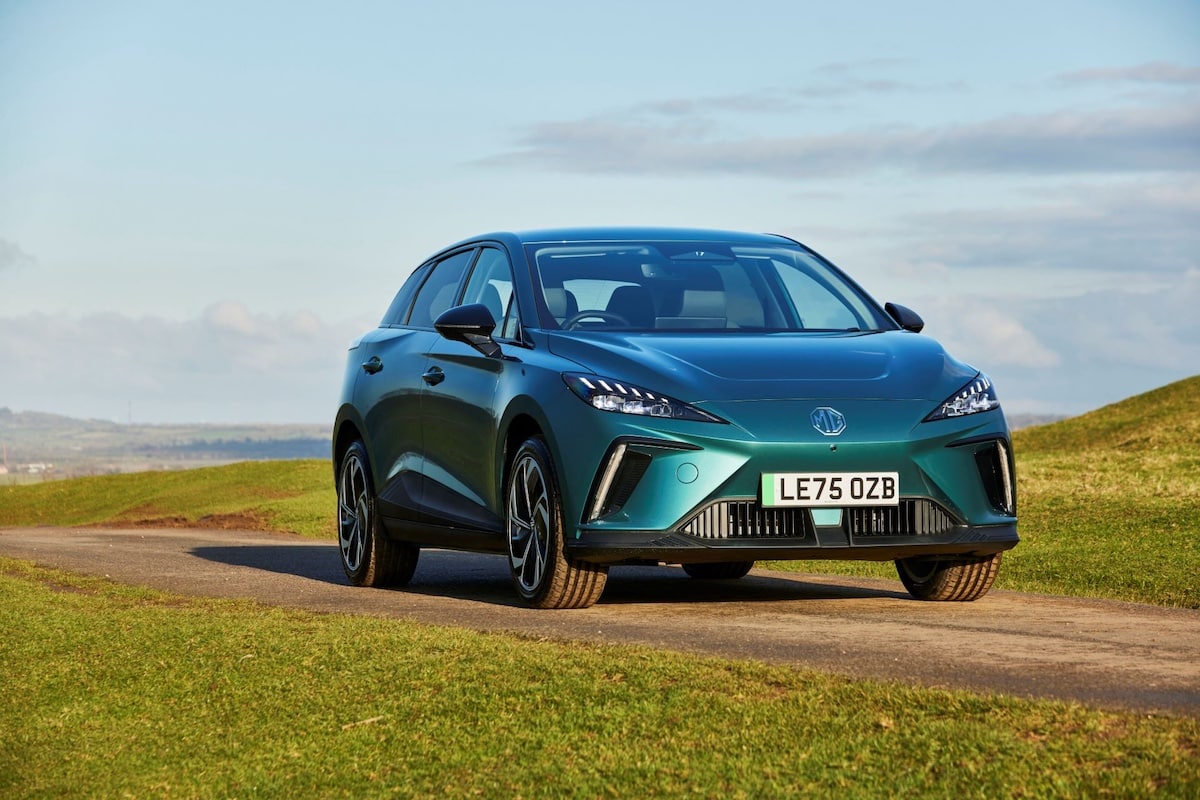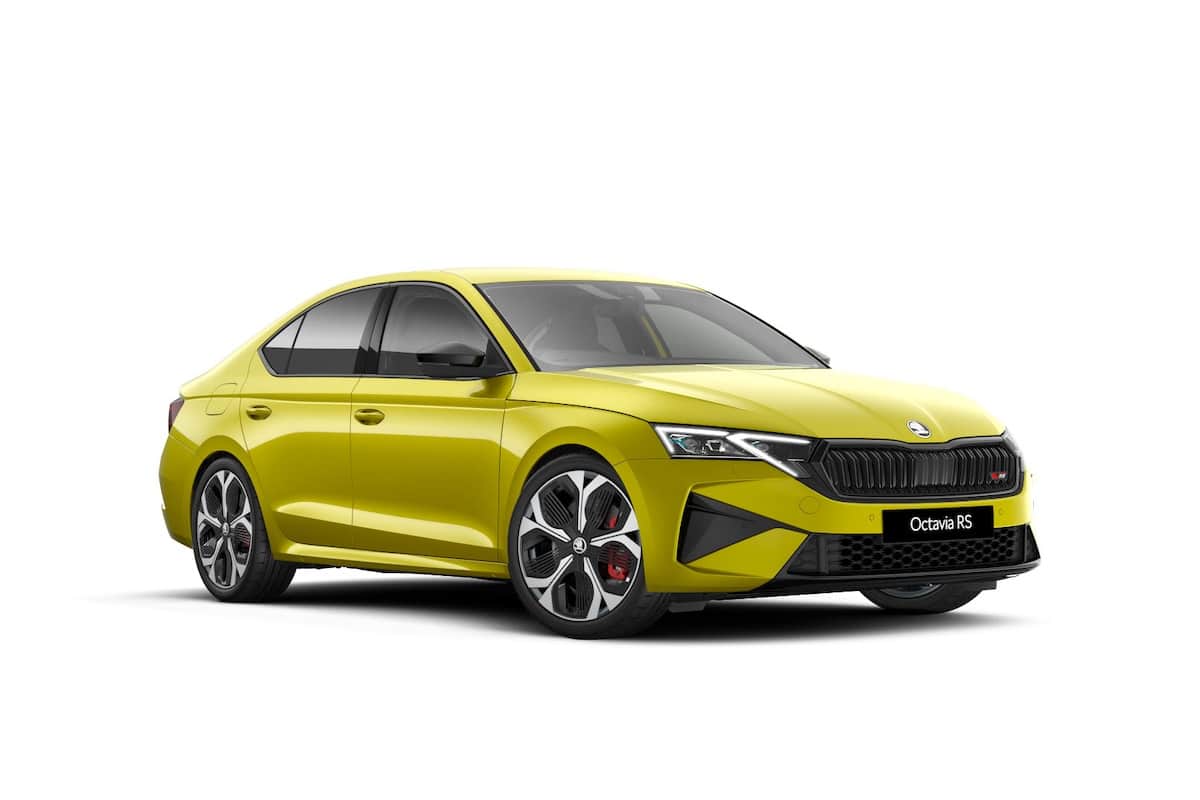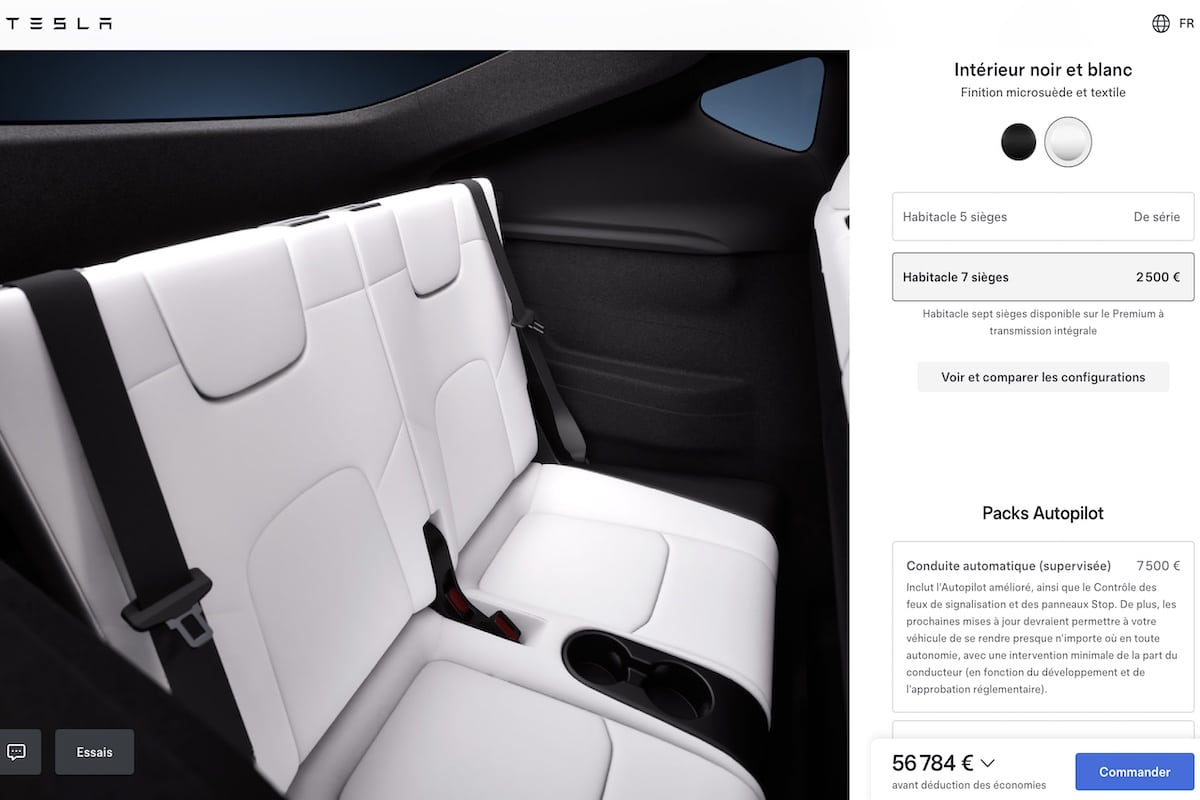Renault and the Clever Choice of Autonomous Public Transportation
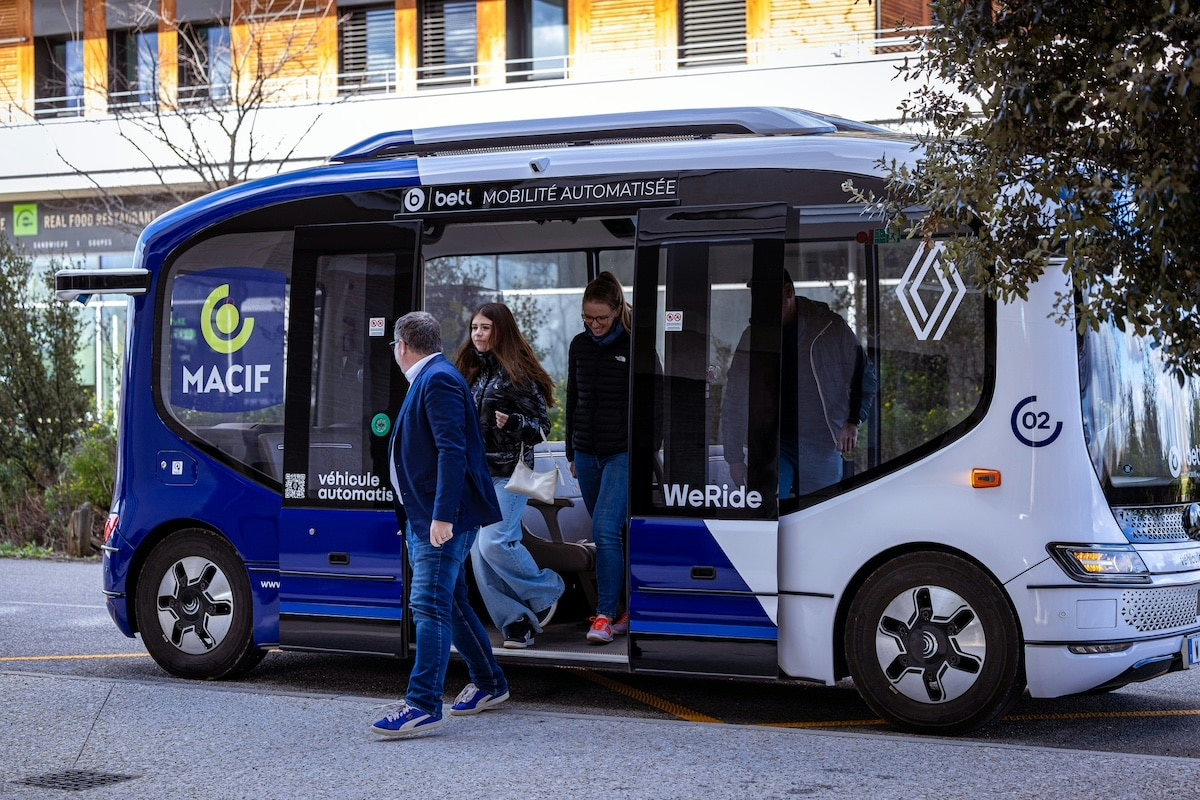
Renault is steering its strategy towards the development of autonomous vehicles dedicated to public transportation.
Renault considers this approach as a suitable solution to the challenges of sustainability, accessibility, and mobility efficiency. Rather than aiming for complete autonomy for individual vehicles, the manufacturer is focusing on automated miniBuses operating on predefined routes, thus meeting the increasing needs of communities and transport operators.
Since May 2024, Renault, in partnership with WeRide, has conducted multiple experiments across Europe to evaluate the maturity of autonomous technologies and their integration into various environments. These trials have demonstrated the relevance of these solutions. At Roland-Garros, two autonomous miniBuses traveled 1,000 kilometers and carried nearly 700 passengers, showcasing their reliability. This success has encouraged further experiments in urban, peri-urban, and private environments, such as Zurich Airport.
In Barcelona, autonomous miniBuses recently operated on a city circuit, highlighting their ability to function in a dense and complex environment. In Valencia, a project aims to connect the TGV station to a neighboring business park starting in July 2025, facilitating transportation for local users and businesses. These initiatives show that Level 4 autonomy, where vehicles operate without an onboard operator but with remote supervision, is particularly suited for public transit. These autonomous vehicles can thus address the challenges posed by low-emission zones and the mobility needs of territories.
Serving Communities
For individual vehicles, Renault favors driver assistance systems (levels 2 and 2+), considering that current economic and regulatory conditions do not yet favor full autonomy. At the same time, the group plans to develop a robotic platform of electric miniBuses to meet future community needs.
This pragmatic approach makes a lot of sense, as it allows the French manufacturer and its partners to gather experience and data in preparation for the inevitable widespread adoption of autonomous driving in the consumer vehicle market. While Tesla, Google, and Chinese automakers are investing heavily to develop these systems on the road, Renault is selling them, opening up the highly profitable public transport market without emissions. All these reasons strongly support moving away from drivers.
This page is translated from the original post "Renault et le choix malin des transports publics autonomes" in French.
We also suggestthese articles:
Also read

